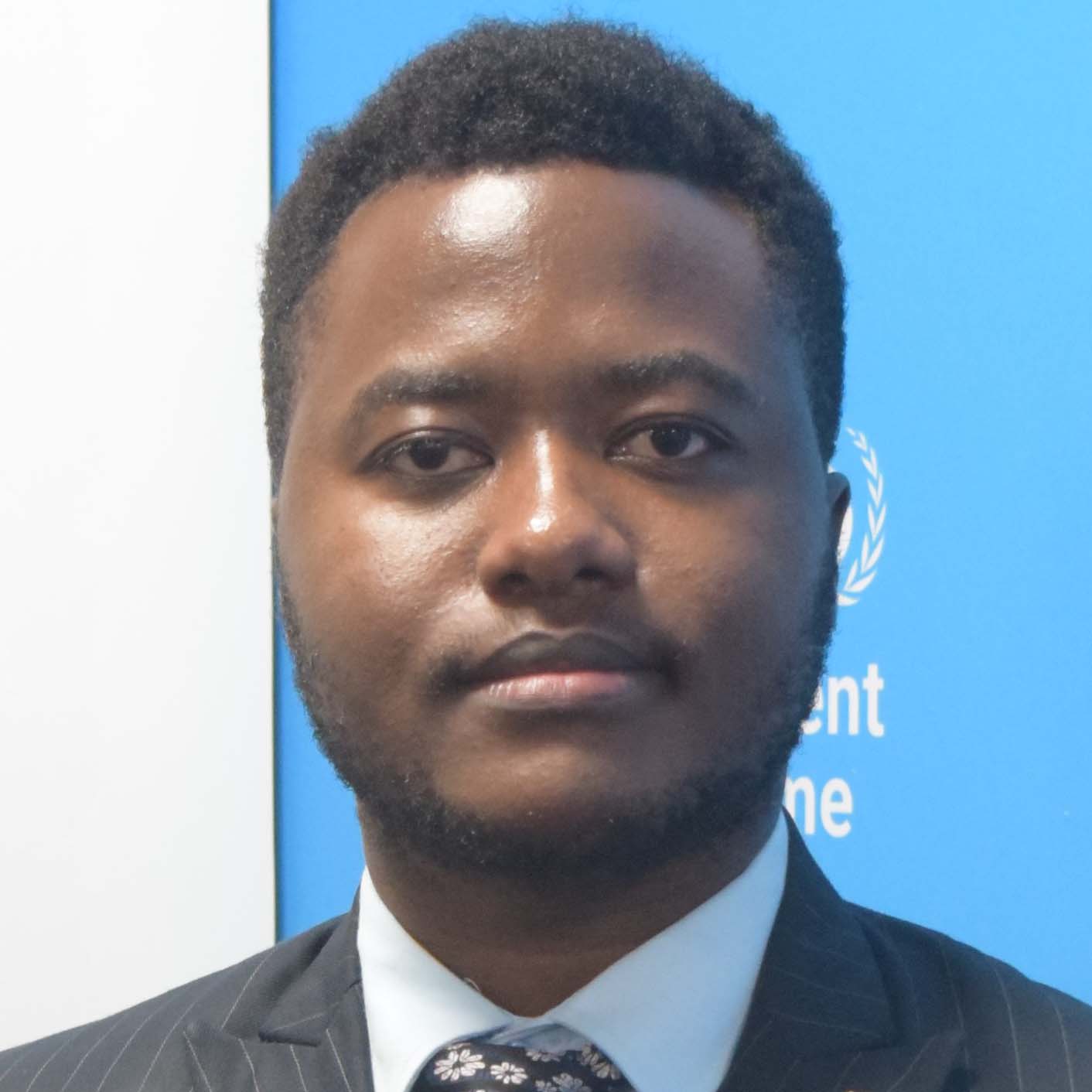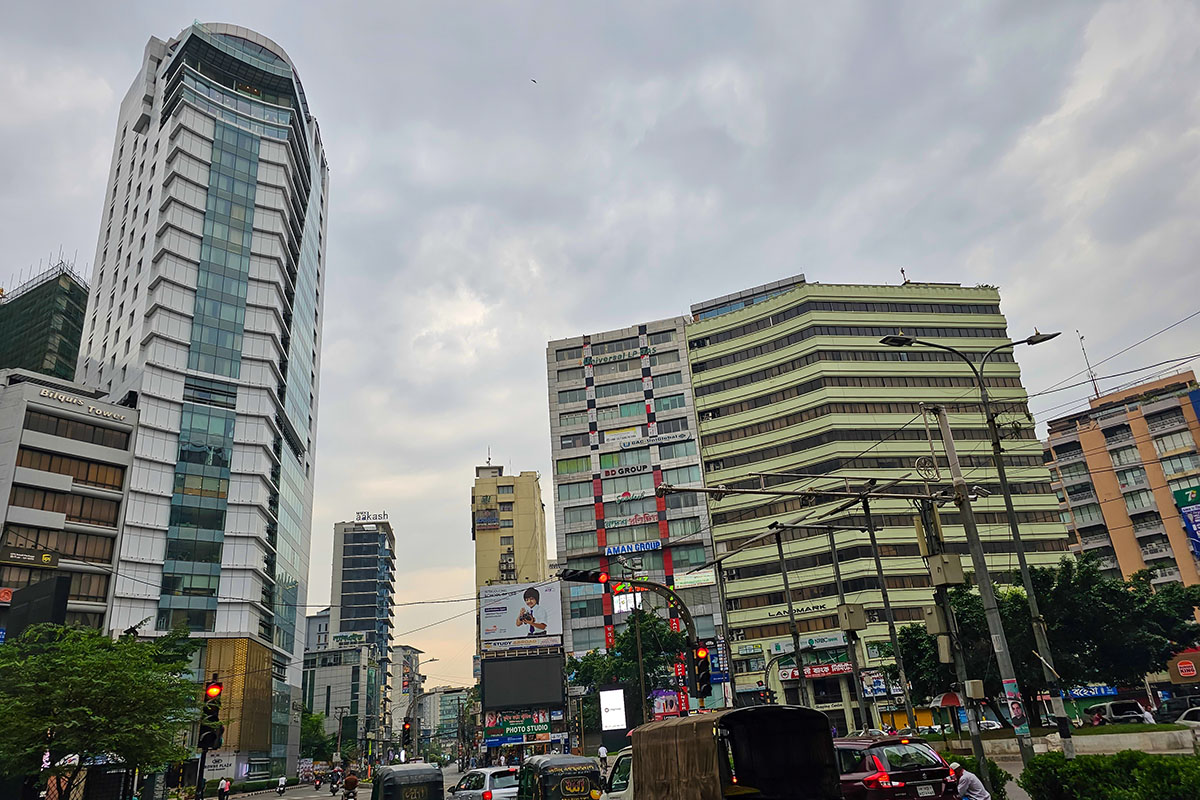Africa’s Strategic Moment: Rising Influence in a Fragmented Global Order
August 18by Immanuel Mwendwa Kiilu
The global balance of power is shifting. No longer defined by a single superpower or a rivalry between two giants, today’s world is increasingly shaped by multiple centers of influence. In this emerging multipolar landscape, Africa is not merely a passive observer. It is becoming a crucial pivot in global affairs. If approached with clarity and confidence, this moment presents an opportunity for Africa to elevate its standing, assert its interests, and help shape the future of international governance.
For much of modern history, Africa has been marginalized in global geopolitics, often serving as a backdrop for the ambitions of external powers. Today, however, the global order is more fragmented and open. Countries such as China, India, Brazil, Turkey, and the Gulf States are expanding their influence. Meanwhile, traditional powers like the United States and the European Union are recalibrating their roles. This evolving landscape creates space for Africa to exercise greater agency and redefine its global narrative.
The continent is now courted by multiple players. China’s Belt and Road Initiative, the European Union’s Global Gateway, the United States’ Prosper Africa strategy, and the growing involvement of Russia and the Gulf States all reflect a renewed scramble for influence. What sets this moment apart is that Africa holds more leverage than ever before. The real challenge lies in converting that leverage into long-term value that serves the continent’s own vision.
Multipolarity alone does not guarantee empowerment. Africa must act with unity, vision, and strategy. The African Union’s Agenda 2063 offers a blueprint for integration, prosperity, and global relevance. However, even the most ambitious frameworks can fall short without courageous and visionary leadership. Africa needs leaders who are not only strategic in policy but also people-centered in execution. The continent must define what it wants from the world, and more importantly, what it wants for itself.
Beyond serving as a destination for foreign investment and resources, Africa must position itself as a source of solutions, innovation, and ideas. Building internal capacity, upholding democratic values, and cultivating confidence in its own narrative are essential steps. Some progress is already evident. The African Continental Free Trade Area (AfCFTA), the world’s largest free trade zone by number of countries, is projected to boost intra-African trade by more than 50 percent and increase the continent’s GDP by nearly 450 billion US dollars by 2035, according to the World Bank. A unified economic bloc gives Africa greater bargaining power in global trade and opens the path to industrialization and inclusive development.
On the diplomatic front, Africa is asserting itself more effectively. The Common African Position on Security Council Reform, anchored in the Ezulwini Consensus, rightly demands permanent African seats at the UN Security Council. This call is backed by Africa’s contributions to peacekeeping, its demographic weight, and its central role in global sustainability. The African Union’s recent admission to the G20 as a permanent member further signals the world’s growing recognition of Africa’s importance.
However, recognition alone is not enough. Africa must develop a doctrine of strategic non-alignment that prioritizes Pan-African interests above external pressures. Instead of being drawn into competing global agendas, the continent should shape its own. As Kwame Nkrumah famously stated, “We face neither East nor West; we face forward.” This requires a strong African Union as the continent’s central institution, reinforced by effective regional cooperation and united positions in multilateral platforms such as the United Nations, the G7, the G20 and BRICS.
Digital transformation presents another arena for strategic action. Africa is home to one of the fastest-growing internet user populations, projected to exceed 700 million by 2025. Investing in digital infrastructure, local innovation, and data sovereignty will help avoid dependency on foreign tech giants and position Africa as a hub of technological leadership. Sovereign digital development must be treated as a strategic imperative.
Africa’s people remain its greatest asset. With over 60 percent of the population under the age of 25, the continent stands at the center of the global youth bulge. This demographic advantage can fuel innovation, economic growth, and democratic renewal. Yet, this potential can only be realized if young people have access to quality education, skills development, opportunities, and platforms for civic engagement. Leadership that prioritizes people will unlock Africa’s true power and secure its place in the global order.
Africa’s strategic moment has arrived. The world is fragmented and in search of new partnerships. The continent now faces a choice: remain a passive arena for external competition or become an active, confident global actor with clear priorities and a unified vision. Multipolarity offers Africa the lever. Visionary, people-centered leadership provides a solid foundation. What remains is the collective will to rise and believe in Africa’s potential.
The ancient Greek scientist Archimedes once said, “Give me a place to stand, and I will move the world.” For Africa, that place is here and now.






